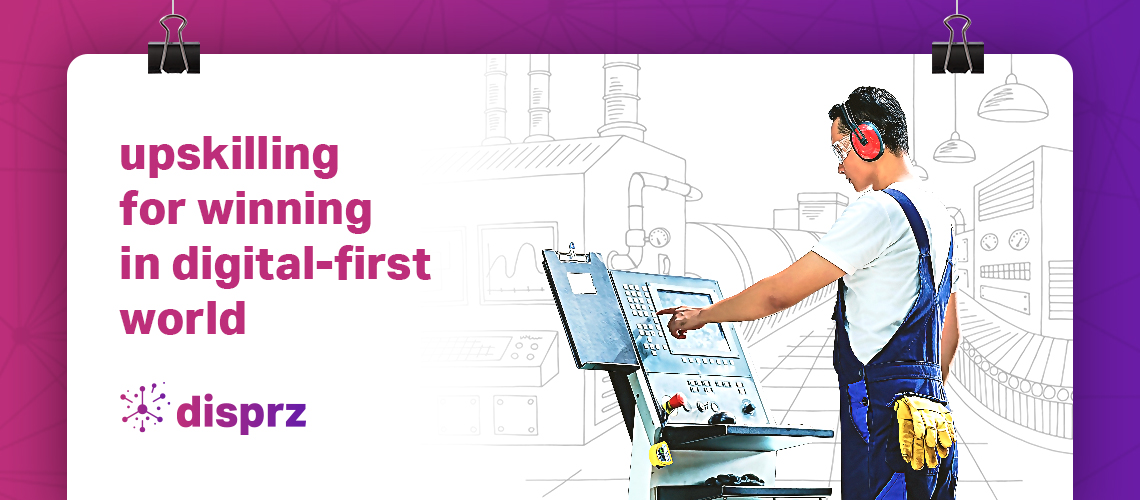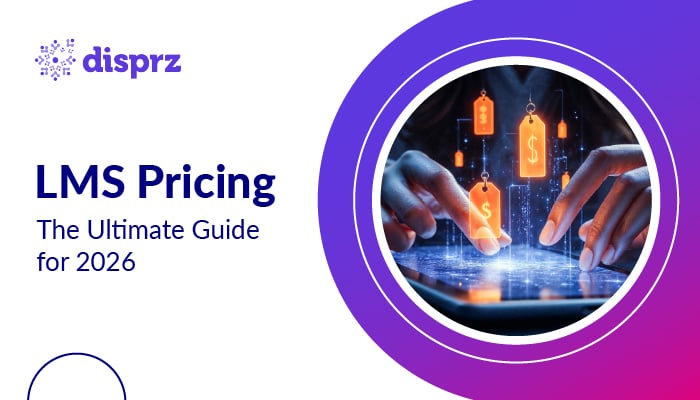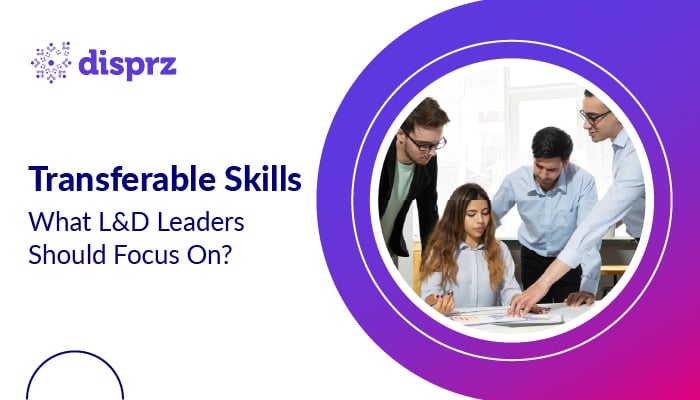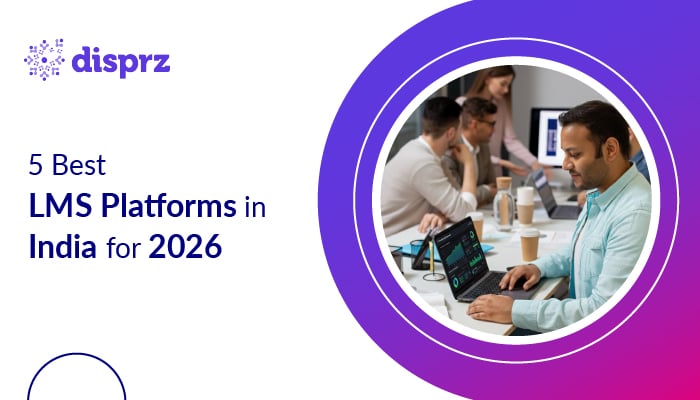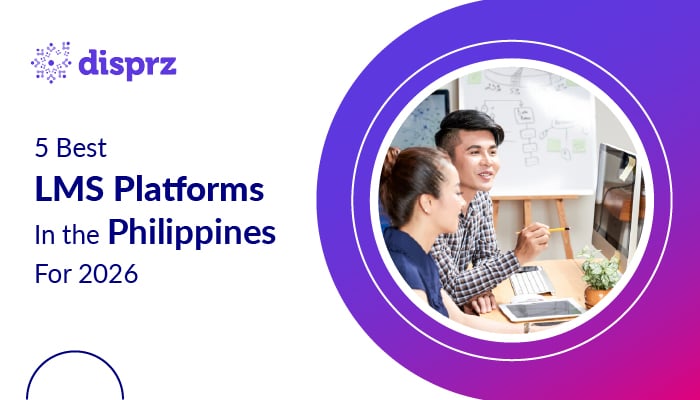Digitalisation is proliferating, with Indonesia moving towards Industry 4.0. Whether it is technical managers, production workers, assembly line workers, warehouse operators, manufacturing supervisors or quality assurance technicians, everybody in the manufacturing sector is affected by the digital acceleration in Indonesia. Manufacturing companies need to pivot to a more efficient and faster way of adopting innovation.
“Indonesia has been entering the new era of Industry 4.0, which is marked by the increasing connectivity, interaction, as well as more convergent people, machines and other resources as the result of information and communication technology advancement,” said the Indonesian Industry Minister Airlangga Hartarto
In this rapidly evolving digital world, a skill shortage can jeopardise profitable opportunities for Indonesian manufacturing companies. The best way for businesses to future-proof themselves is by upskilling and reskilling employees to stay aligned with the latest advancements in technologies.
Productivity and efficiency rule the manufacturing world. However, driving both becomes challenging for the L&D leaders as manufacturing gets complex with digital acceleration. New technologies blended with AI can be intimidating. The use of automation to manage various functions has significantly increased in the manufacturing sector. So it is critical to lay proper groundwork to leverage the benefits of AI in manufacturing.
Technological advancement demands more learning and development. However, with resistance to change, L&D professionals are finding it challenging to train various manufacturing workforce. It is critical to make the production workforce, logistics team, project engineers, equipment engineers, processing workers and other manufacturing teams visualize the benefits of investing their time and efforts in learning before their skill deficiency increases and affects the goals of the manufacturing company.
No space for skill shortage – Technology mastery is crucial for making Indonesia 4.0
The manufacturing sector is a strong pillar of Indonesia’s economy. Almost one in five of Indonesia’s working professionals are employed in this lucrative industry. Manufacturing plays a significant role in boosting the GDP. Indonesia’s manufacturing industry accounts for 20.5% of the country’s GDP, which is higher than the global average GDP for the manufacturing sector.
If Industrial 4.0 is successful in Indonesia, it will positively impact the growth of GDP.
The fourth industrial revolution is changing the face of manufacturing with innovation and technologies like AI, Sensor Technology and Machine Learning.
“In the fourth generation of industrial revolution, it becomes a major leap forward for the industrial sector, where information and communication technology is fully utilized. Not only in the production process but also across the industry value chain hence creating new business models on a digital basis to achieve higher efficiency and better product quality, “ said Indonesian Industry Minister Airlangga Hartarto
Technology rightly blended with human skills can result in optimal performance that can increase profits for a manufacturing company. Sadly most of the manufacturers in Indonesia are fishing in a talent pool that lacks digital skills.
Digital literacy or digital skill isn’t just about knowing how to use technology but about how to make the most of it to meet the company’s goals and provide utmost customer satisfaction. Skill development can boost productivity, reduce manufacturing errors and increase efficiency to take capitalize on new opportunities.
Digital literacy in Indonesia is currently at 70%, which is a comparatively low figure globally.
Industry 4.0 empowers the manufacturing industry with technology that can help save time, improve productivity and increase quality output with some cutting-edge technologies. However, manufacturing companies need to equip employees with the right skills to use these technologies to improve business performance efficiently. The better a manufacturing company performs, the more it can contribute to Indonesia’s economic growth, which will lead to an increase in the nation’s GDP
How Indonesian manufacturing companies can bridge the digital skill gaps and capitalize on the opportunities provided by Industry 4.0
The manufacturers that harness the power of Industry 4.0 and successfully transition into advanced technology-driven smart production by enhancing employee skills often reap fruitful results.
The modern manufacturing environment is transforming faster than the employee’s digital capabilities. So most of the time, the employees feel overwhelmed with the complexities of these new technologies. Moreover, with increasing automation, most employees are pushed into new roles and responsibilities that require digital skills. Here are a few ways to bridge the digital skill gaps and improve productivity.
Shifting from conventional one-time training to learning in the flow of work
A perfect blend of skills, knowledge and capabilities is required to harness the technologies for high-quality production. As Indonesia moves towards Industry 4.0, production becomes more complex with new-age technologies. Lean manufacturing has become a necessity to mitigate wastage within the production system, save on cost and increase productivity. Manufacturing employees need continuous learning and development on these diverse topics to deliver optimum performance. So one-time training won’t suffice.
Industry 4.0 can decrease the time taken for production and increase the level of customer satisfaction with high-end production. However, this is impossible with harmony between technology and human skills. So a continuous knowledge flow and skill development is a must to expand employee capabilities and fill the skill gap. The more the manufacturing workforce learns, the better they can maintain advanced machines and optimise manufacturing operations.
Having all the content on a single platform rather than in multiple places
The digital skills gaps are widening. With no learning process in place, preparing the manufacturing workforce for the new hurdles they will face due to the fourth industrial revolution becomes challenging. Whether knowledge workers or frontline workers, both face time constraints. So, there are fewer chances they will dig through Google and other resources to learn and upskill themselves.
Streamlining all the content on one platform can help employees gain control of their learning without bearing the burden of relying on external resources for content. A skilling suite can help you bring all your content to one single platform. You can easily create, manage and assign content to your knowledge and frontline workforce to upskill them and make them future-ready.
Encouraging manufacturing employees to collaborate and learn
With the rise of AI and digital innovation, new roles and responsibilities are evolving. A silos approach to learning doesn’t fit in such an environment of constant change and innovation. A product is designed, manufactured, assembled and marketed at different locations.
Hence employees need a common platform to collaborate and be on the same page. For instance, disprz, a skill suite, offers a social learning platform like Buzz, where manufacturing employees can share resources to understand new technologies or process automation. Knowledge workers can brainstorm for innovative products. Process control technician or Instrument and automation technician can easily post any query, and senior or teammates can share relevant resources or techniques to resolve the query.
Conclusion
Industry 4.0 has accelerated digitalisation, which has exacerbated Indonesia’s digital skill gap. The gap created due to innovation in technology can be bridged through the right digital technology. For instance, SaaS-based learning technology can help in creating a continuous learning culture for developing the right skills for delivering optimum performance. disprz is one such tool that can help in building the digital skills needed in the modern manufacturing world. From creating personalised learning pathways to amassing learning analytics, there is a lot you can do with this smart technology. See a preview to experience disprz in action.



